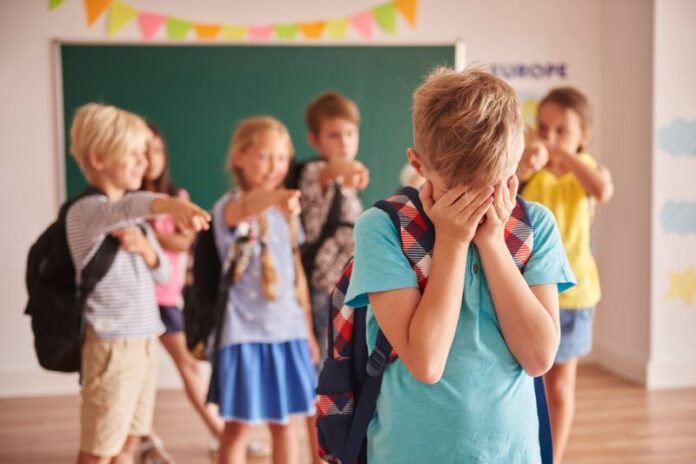If you go to Google and type “heinous crimes up with young people,” you’ll see over 2 billion results. It’s a stark reminder that the alarming trend of young people committing gruesome acts isn’t a new phenomenon, but the sheer proliferation and frequency of these acts most certainly is.
Our society is grappling with a disconcerting reality — a reality born out of the convergence of various factors. From the messages embedded in our music to the desensitizing violence prevalent in our culture, and even the erosion of moral and ethical values, each contributes to the emergence of a more violent society.
It’s a society where individuals no longer temper their darkest impulses, and regrettably, it’s our youth who often find themselves on the frontline, manifesting behaviors at an unacceptable rate. This is a phenomenon that should deeply trouble us all and lead us to pause in concern for the direction in which our society is headed.
These young individuals, driven by a cocktail of influences, often react impulsively or, in the gravest of cases, meticulously plan calculated crimes that result in the loss of innocent lives. We’ve witnessed stories like that of Mackenzie Shirilla, a name etched into the annals of a society grappling with the aftermath of senseless violence. Shirilla was recently found guilty of the murder of her boyfriend, Dominic Russo, and her friend, Davion Flanagan.
Their tragic deaths underscore the gravity of the situation we’re facing — a situation where young people are becoming entangled in webs of aggression and desperation. In Shirilla’s case, she purposely sped up her car to 100 mph and drove straight into a wall, instantly killing her boyfriend and friend.
The breakdown of morality in our society is contributing to this disturbing trend. Traditional values that once served as guiding principles seem to be waning, leaving a moral vacuum in which right and wrong are increasingly ambiguous. The erosion of moral foundations means that young people are less equipped to distinguish between ethical choices and destructive actions.
The deterioration of ethics further compounds the issue. Ethical conduct is the cornerstone of a civilized society, fostering a sense of responsibility and accountability. Yet, as we witness these disturbing trends among our youth, it becomes evident that the concept of ethics is losing its grip. The pursuit of personal gain, even at the expense of others, has become alarmingly normalized.
As we reflect on these developments, the implications for our future are profoundly concerning. A society that permits the erosion of morality and ethics in its younger generation is sowing the seeds of its own demise. The actions of today’s youth foreshadow the trajectory of tomorrow’s adults. If we fail to address these concerning trends, we risk a future marked by increased violence, social fragmentation and a dearth of empathy.
It’s time for us to confront these unsettling truths and take meaningful action. By reemphasizing morality and ethics in our families, communities and institutions, we can recalibrate the moral compass of our youth. This requires an unwavering commitment to fostering values that prioritize human dignity, compassion and respect for one another.
Only through concerted efforts to restore these foundational principles can we hope to guide our society toward a more harmonious and promising future.
This alarming trend of young people exhibiting violence and aggression should serve as an urgent wake-up call for our educational institutions. We must prioritize emotional education alongside academic excellence. By equipping our youth with the tools to manage their emotions, resolve conflicts constructively and communicate effectively, we can help curb the escalation of anger and violence. It’s imperative that our schools become places not only of intellectual growth but also of emotional well-being and character development.
The rising wave of heinous acts committed by young people underscores the pressing need for a comprehensive societal response. We must address the erosion of morality and ethics, and we must prioritize emotional education within our education system.
This is a challenge that requires the collective effort of families, communities, educators and cultural influencers. By refocusing on our shared values, investing in the emotional well-being of our youth and fostering a renewed sense of empathy, we can shape a society that rejects violence and paves the way for a brighter and more harmonious future.






























